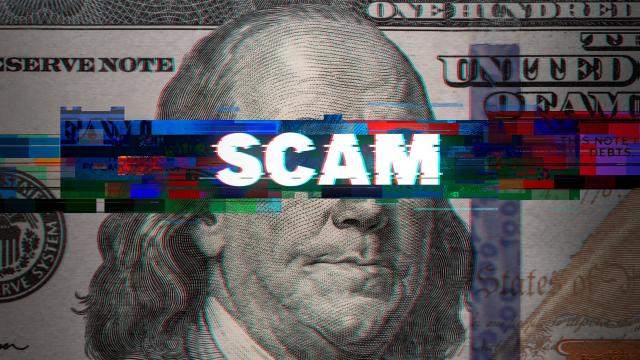Ever since folks called my elderly mum and told her they had kidnapped me in order to extort her, scammers have held a special place in my heart. (I was not kidnapped, and thankfully, my mum was not conned.) Specifically, that small little part of it that wishes them eternal damnation and diarrhoea.
Unfortunately, millions of people in the U.S. fall victim to scams every year, per data from the Federal Trade Commission. Scammers use myriad tactics to trick those unsuspecting Americans out of their hard-earned money. Some pretend to be the FBI and threaten to arrest you unless you pay. Others say you’ve just received tons of inheritance money from a long-lost relative and offer to help you claim it — in exchange for a cut, that is.
“They might say you’re in trouble with the government. Or you owe money. Or someone in your family had an emergency. Or that there’s a virus on your computer,” the FTC said in an article. “Others will lie and say you won money in a lottery or sweepstakes but have to pay a fee to get it.”
The FTC, which is in charge of stopping scams, sounds the alarm on new and established scams year-round through its “Consumer Alerts.” Click through the slides to check out some of the most outlandish and infuriating scams of 2022, many of which were closely tied to the news cycle.
Scams From Your Own Phone Number
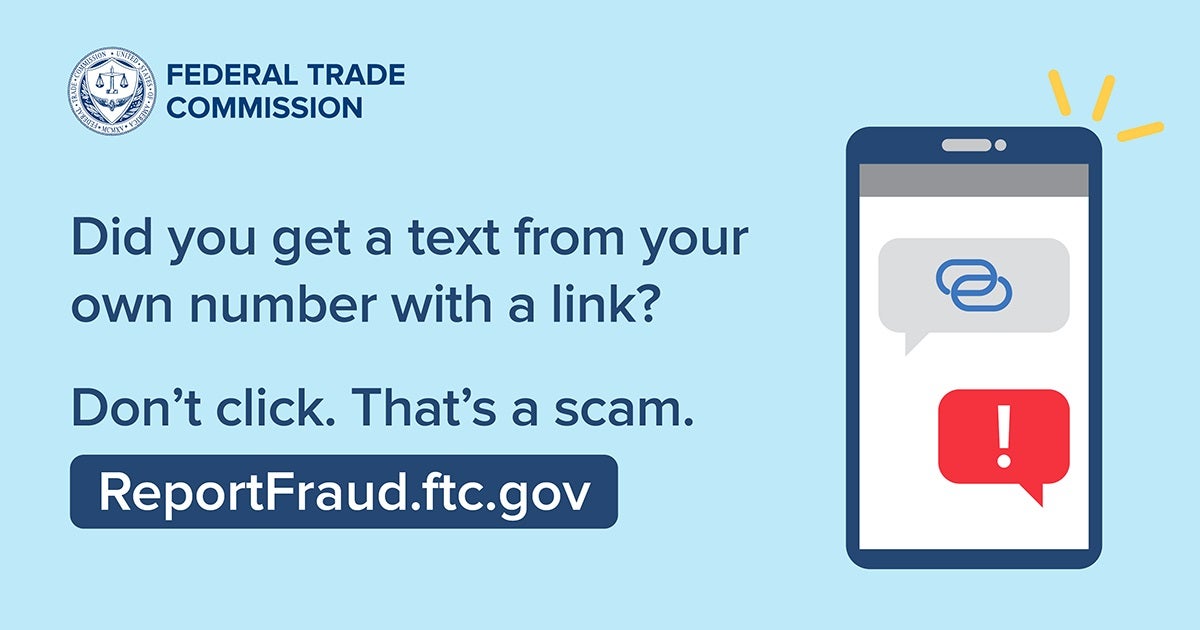
If you got a text from your own number this year, it’s not witchcraft or a glitch — it’s a scam. In this scam, bad actors sent people texts thanking them for paying a bill they didn’t pay or telling them to claim a prize by clicking on a link. Clicking on the link, however, didn’t give folks a prize, but instead exposed them to malware or got their number on a list that was then sold to other scammers. Profit!
Fake Remote Work Offers
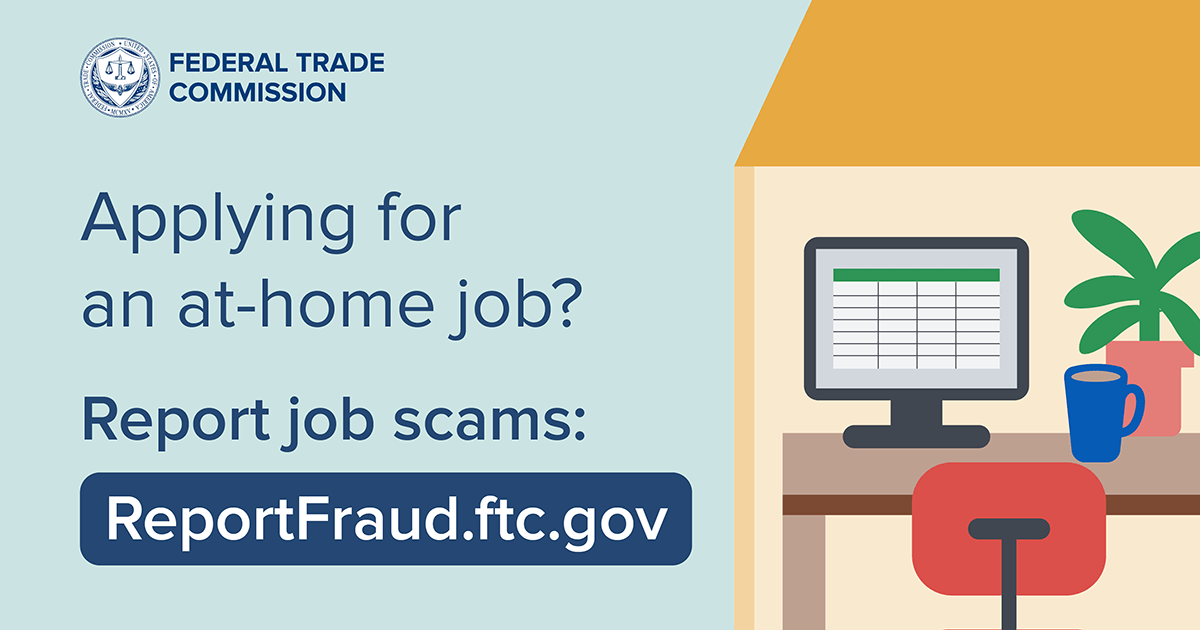
Remote work job listings reached an all-time high in 2022. According to LinkedIn, back in February, one in five jobs listed on its site was remote, and half of all applications sent through LinkedIn were for remote jobs. It seemed like everyone wanted a remote job, and scammers noticed. Some started sending people messages or calling them about a remote work opportunity, only to end up asking them for personal information, such as their Social Security number. Others sent applicants a check to “buy equipment” and told them to send the money that was left over back to the company.
Fake Baby Formula Brands
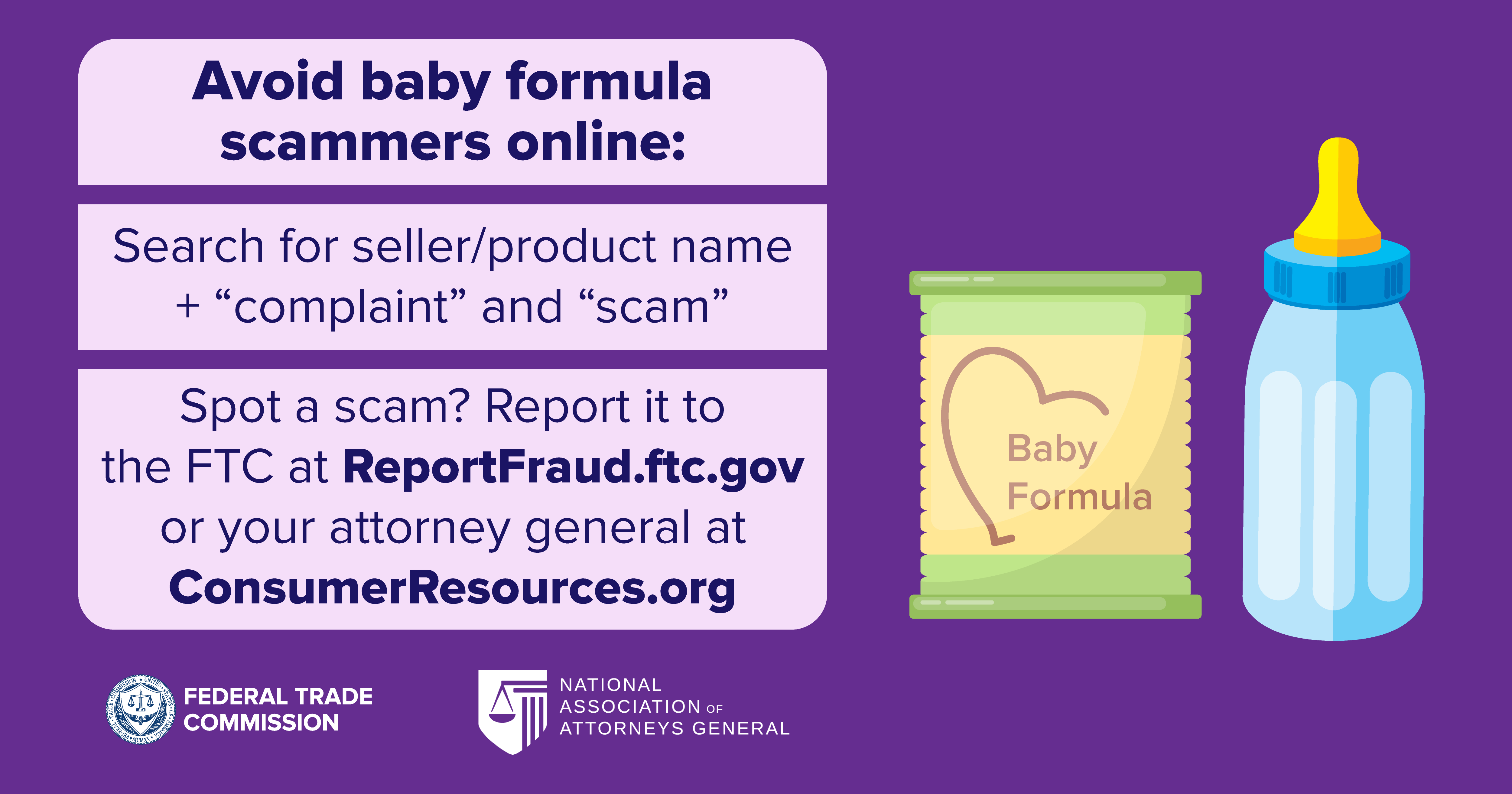
The heartbreaking baby formula shortage that began in February showed that scammers have no limits. According to the FTC, scammers set up fake websites and social media profiles with official product logos to trick desperate parents into buying baby formula that never arrived.
Impersonating U.S. Border Patrol
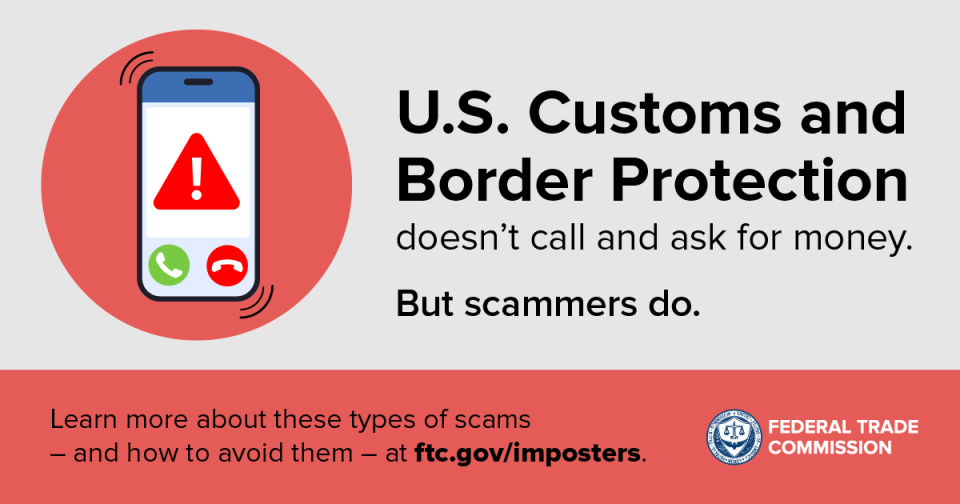
Considering the reputation of U.S. Customs and Border Protection, I would be pretty freaked out if I got a call from them, too. Many folks got “calls” from the U.S. Border Patrol this year saying that the agency had intercepted illegal items that had been sent to them. Others were told that there was a “diplomatic pouch” for them or that there was a warrant out for their arrest. To resolve the matter or get more information, people were asked to pay up.
All of these were scams.
Scam Cattle Feed Ads

Even farmers couldn’t catch a break from scammers in 2022. Facing drought, high prices, and feed shortages, some farmers in Montana fell for scams advertising grain hay, barley straw, and wheat straw at prices below market.
Farmers told authorities that unscrupulous sellers touted cattle feed at low prices but which required payment in advance. The fake vendors never delivered. Some victims had losses in the range of $US120,000 ($166,584).
Fake Student Loan Forgiveness
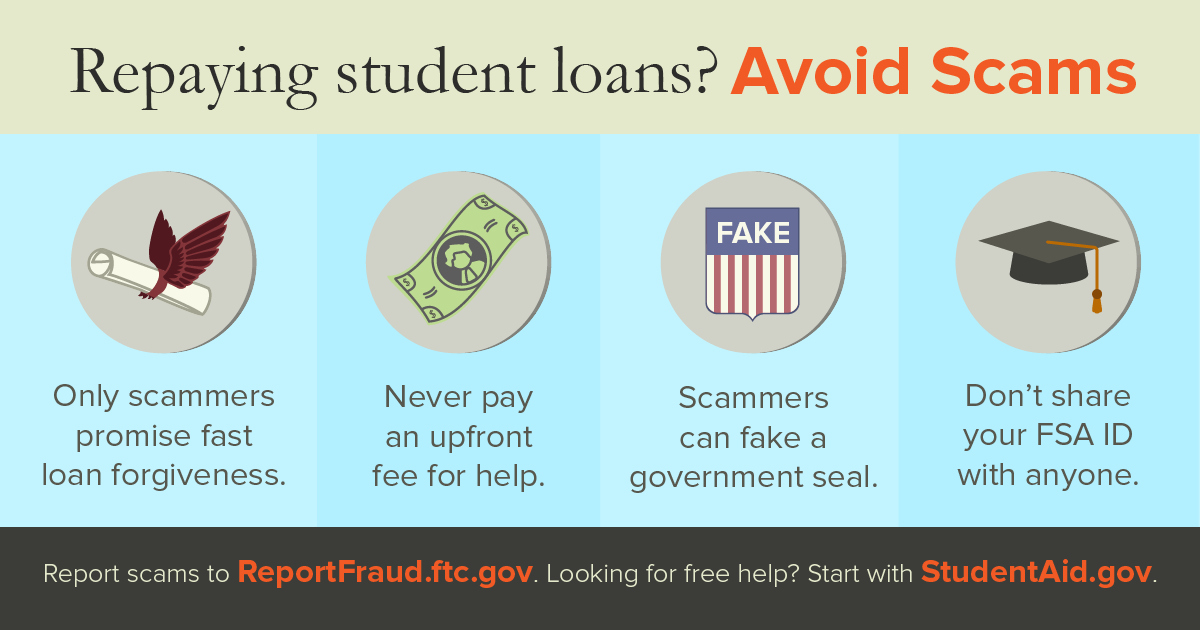
While some people felt relief when President Joe Biden announced student loan forgiveness of up to $US20,000 ($27,764), which is now in legal limbo, back in August, scammers saw opportunities.
The FTC found that some bad actors were telling people they could guarantee approval for their loan forgiveness applications or put them in the front of the line for fee. Others were trying to obtain borrowers’ sensitive personal information, such as their FSA ID, bank account number, or credit card information.
The Fake Geek Squad Scam
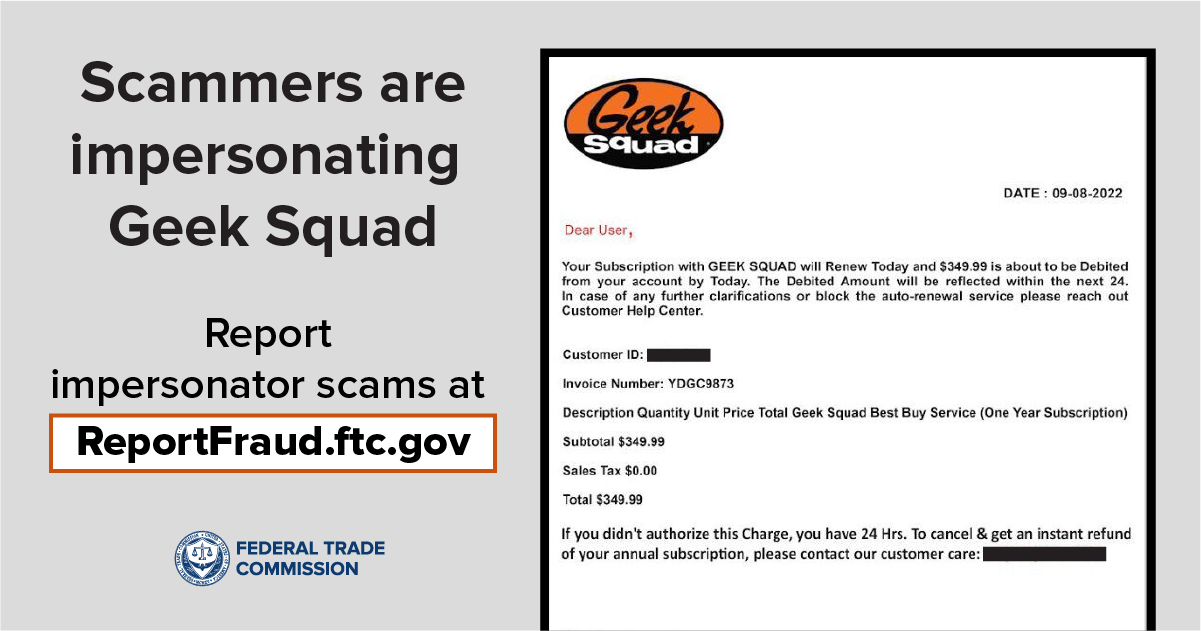
This was the year that scammers went hard on pretending to be part of the Geek Squad, Best Buy’s tech support service. According to the FTC, scammers sent users texts or emails asking them to pay hundreds of dollars to renew their Geek Squad membership. Some people even received messages saying they had already been charged.
In order to dispute the charge or cancel their membership, folks were told to call a phone number within 24 hours. Scammers convinced the poor folks that did call to give them remote access to their computers, allowing them to install spyware or steal banking information. Others tricked victims into believing they were getting a refund, but then said the company had sent too much money and now needed it back.
Imposter FBI Agents
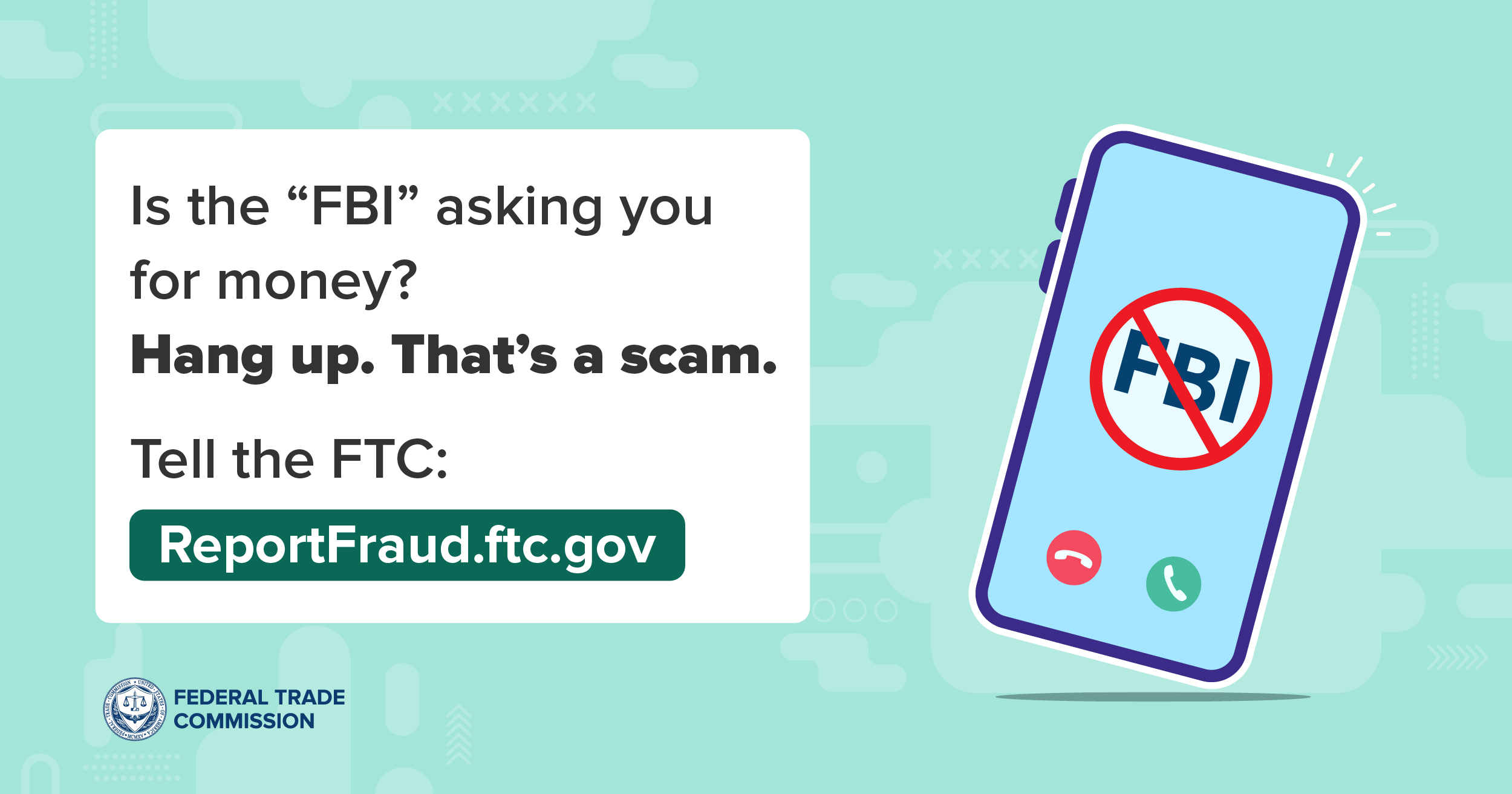
Who wouldn’t get goosebumps if someone called and said they were with the FBI? That’s just what a lot of scammers did in 2022. They called Americans to say that the FBI was collecting money on a legal judgement against the recipients. The FTC understands that fear, but the agency wants you to know that government bureaus don’t call people to ask them for money or personal information.
“No matter how urgent and serious the call sounds, neither the judgment nor the agent are real,” the FTC wrote in a November 2022 consumer alert. “Like other impersonation scams, FBI imposters are after your money and personal information, and they might even threaten to arrest you unless you pay immediately.”
Crypto Recovery Scams
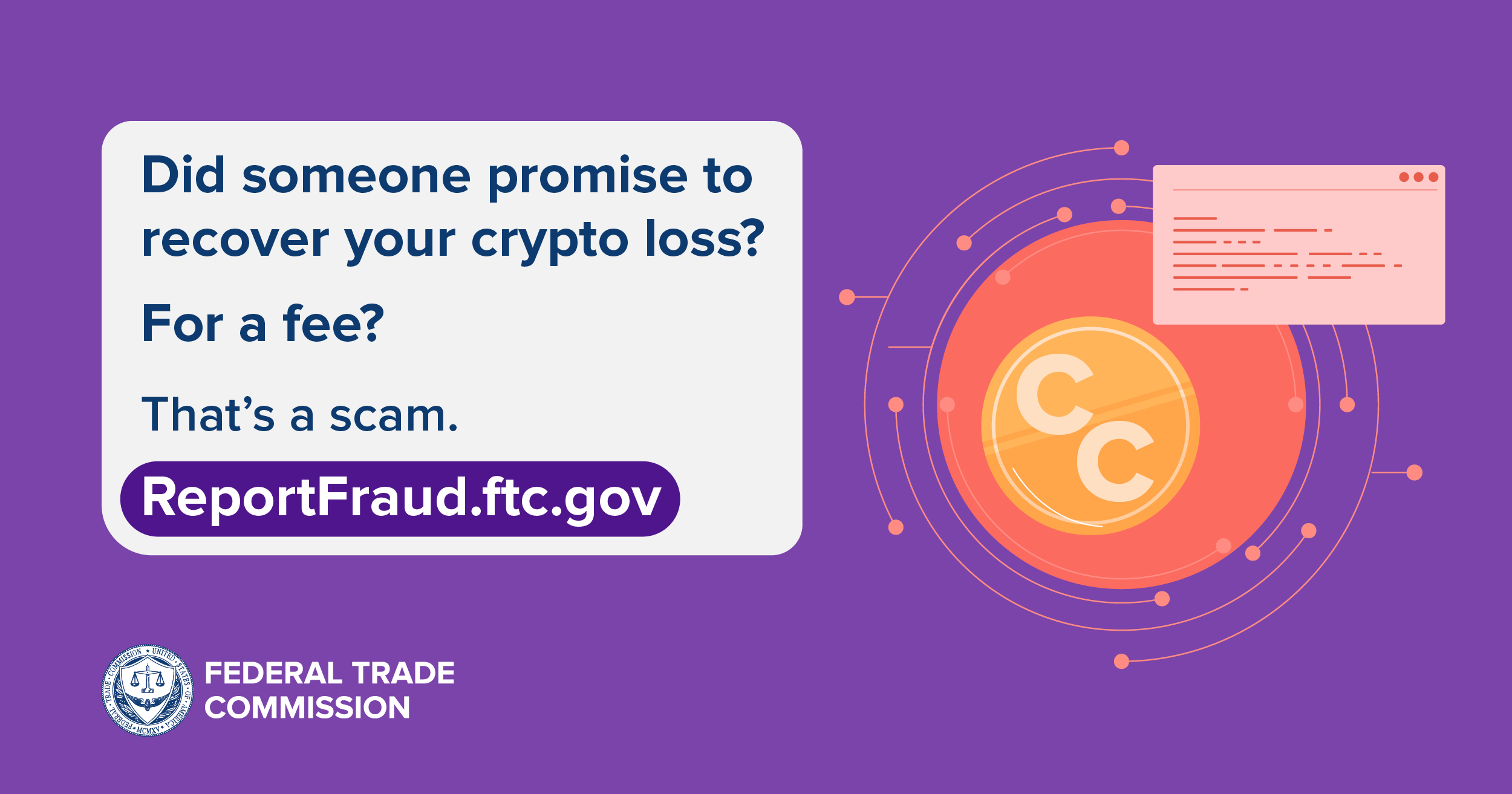
This has been a painful year for cryptocurrency holders, many of whom took significant financial hits with the fall of coins like Terra, Luna, or the FTX exchange. In the aftermath, scammers have been targeting folks affected and fraudulently claiming to help the financially troubled get their money back — for a fee. Sorry to tell you, but they can’t get it back. It’s a scam.
IRS Text Tax Refund Scams
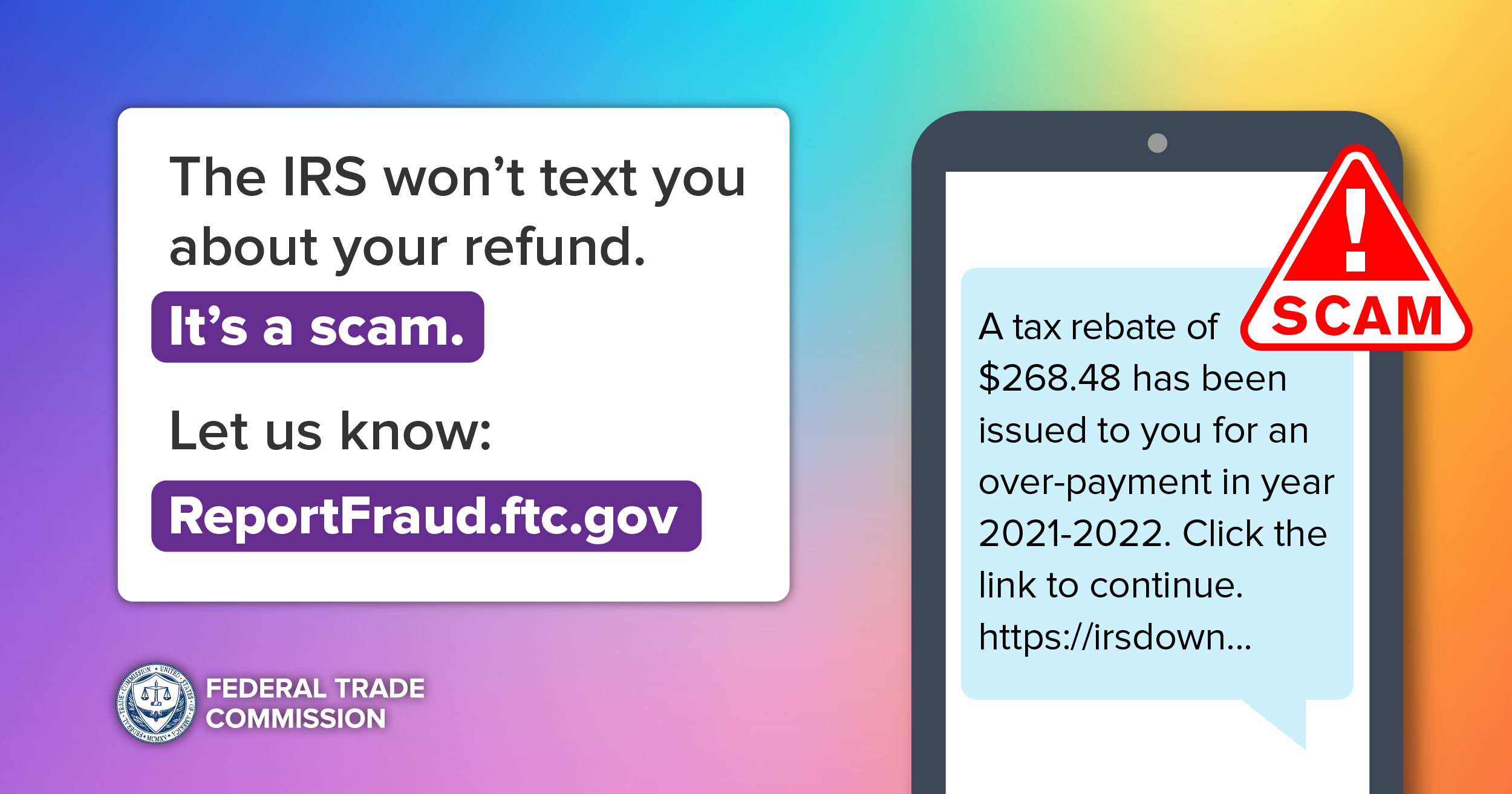
Another government agency that’s certain to get anyone’s attention is the IRS. This year, scammers switched up their tactics and started sending people text messages claiming to be from the IRS. The messages said that the recipient had been issued a tax payment or refund and needed to click on the link to continue the process. However, this was not the IRS… it was… a scam.
Editor’s Note: Release dates within this article are based in the U.S., but will be updated with local Australian dates as soon as we know more.
